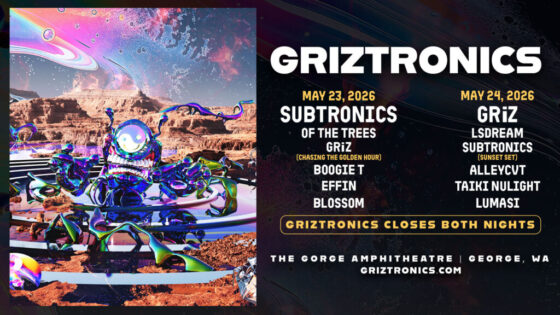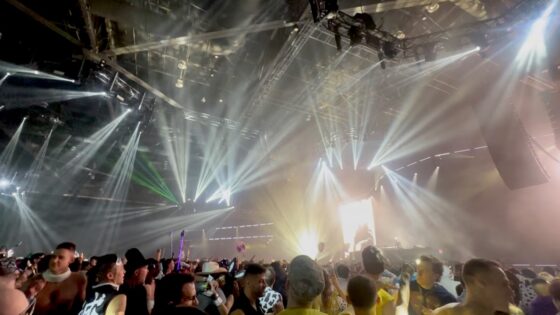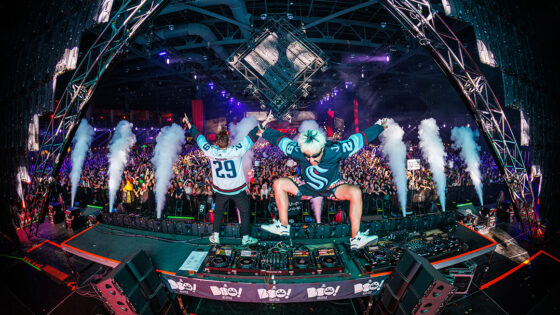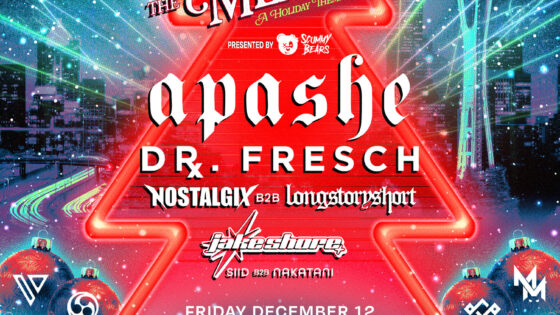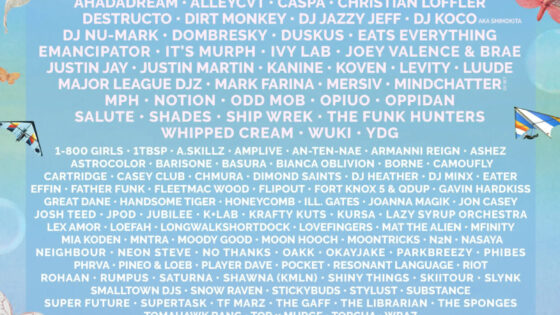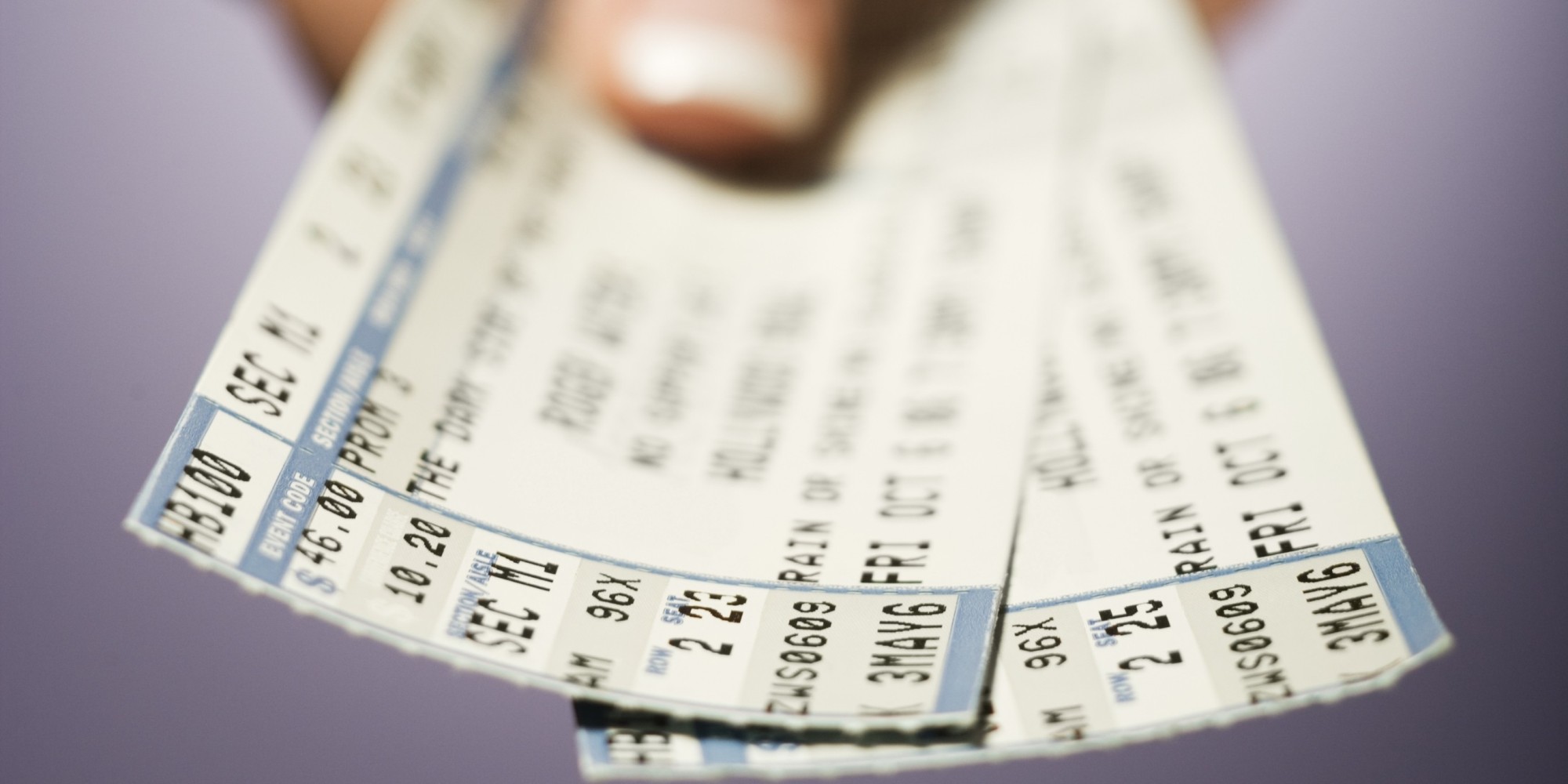Ticket scalping: the age-old problem without a foolproof modern solution. Even as technology rapidly improves the overall ticket buying process and in many cases reduces bottlenecks in venue entrance and security, there’s often limited ways to ensure if a resale ticket will be valid for entry. Read below for some of the best ways to protect your investment and ensure you and your friends can have a great night on the dance floor together.
Ticket scalping laws in the PNW
First of all, remember that scalping is actually legal in many states. Both Oregon and Washington have extremely limited legal policies in place to prevent ticket scalping. Only a handful of states actually restrict ticket reselling markup profits based on location, time, or require brokers to obtain a license to sell.
Apart from human brokers purchasing and up-selling, bots have been increasingly swindling enormous rates of tickets over the last decade. As a rough estimate, in 2019, bots made up 40% of traffic to online box office sites.
To address the issue, the BOTS Act was passed with bipartisan support in 2016. The law carries hefty fines for online bots circumventing captcha human validation tests at checkouts. But it’s still a massive point of frustration for ticket companies and consumers alike.
The easiest solution to avoid scalped tickets? Buy direct
It’s so obvious that it almost goes without saying, but the best guarantee to securing a legitimate ticket is to purchase it through the affiliated site with the venue. It’s easy enough to do a general search for the show and click on the first link that shows up. Even if it’s through a well-known site, you could still risk getting scammed.
Instead, take the extra second to navigate through the venue’s website and purchase through their official ticket partner. You’ll usually end up with cheaper ticket fees than a general resale too.
Expecting a popular show? Try to get your tickets as early as possible. If financial feasibility is an issue, many of the expensive shows now offer payment plans as an option to ease the one-time hit into more manageable payment installments.
Sold out show? You’re not out of luck yet!
If the show you’ve been looking forward to sells out before you have a chance to grab a ticket, there’s still ways to minimize your risk of getting scammed. Sites like TicketMaster now have a verified resale option. Their resale tickets are backed by TicketMaster, so you know you have a valid ticket.
Good research and awareness pays off, too. You can keep your eyes open for friends or mutual friends who might have had to cancel or have an extra ticket.
Due to changing restrictions at shows during the COVID-19 pandemic, it’s relatively common for venues to announce a limited batch of tickets. And worst case scenario, many venues have limited tickets for an additional cost at the door if it’s not sold out.
You can also get creative: maybe the artist has a tour stop in a nearby city and you could make a weekend trip out of it. Or catch them with some of your other favorites at an upcoming festival.
Pay attention to social media: venues, promoters, artists
Don’t miss out on show announcements and pre-sale tickets by keeping an eye on social media. You’ll find everything you need to know about a show from the artists, the venue, promoters, or basically anyone who’d be involved in the show’s production. Check Bandsintown or EDMTrain for an aggregate pull of upcoming shows. The best thing to do is your research.
Venues and promoters in particular have made an effort to halt scammers. Through Portland’s Red Cube Ticket Exchange Facebook page, people can advertise their ticket for sale and others can offer to buy them. It’s recommended that buyers request the seller’s email used to purchase the ticket and reach out to Red Cube so they can verify the order. It’s not a foolproof system as scammers can still join the group, and you’d be out of luck trying to purchase a last-minute ticket.
What can consumers do?
So what can we do as consumers? Unfortunately, the current best option is just to be wary of resale tickets if they’re unverified. If a scammer posts in a group, report them or try to help others avoid them.
Tickets are always going to be in high demand, but as a buyer make sure you educate yourself, learn what you can about the business and don’t promote scalping. The bottom line is that scalping is a ludicrously easy market to make easy cash in, but it ruins what could be a great experience for someone else, and cheats everyone involved in the production of the event.
Important things happen in Pacific Northwest nightlife, and DMNW will send you alerts!






